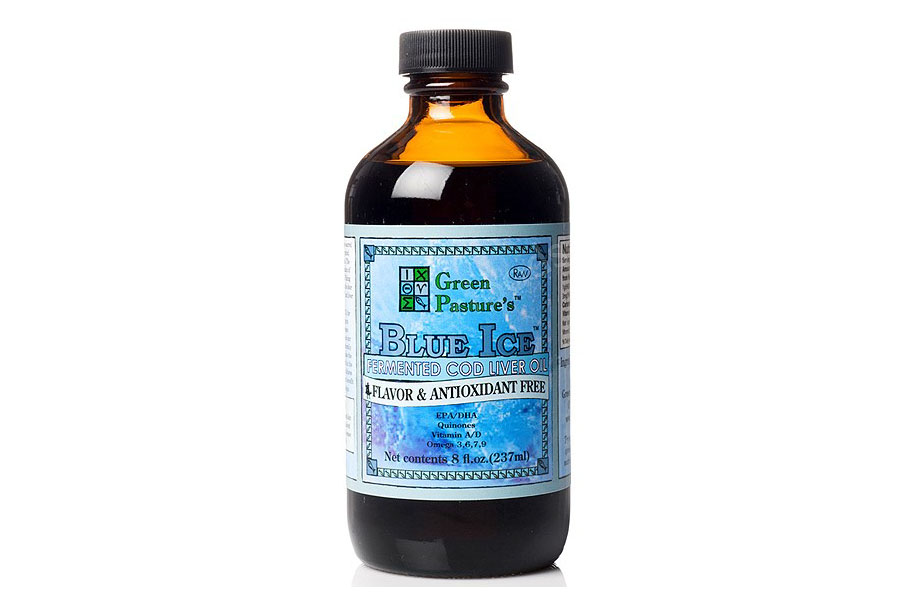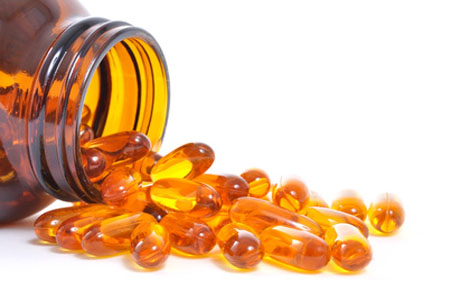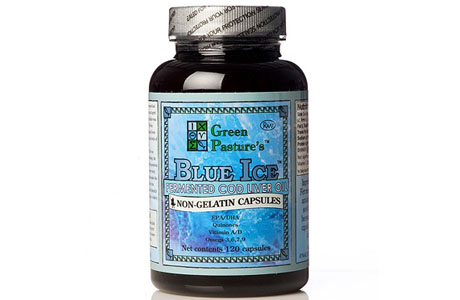Current Size: 100%
omega-3 fatty acids
Omega-3 Fatty Acids Lower Eye Pressure
Read the summary of University of Melbourne's Department of Optometry and Vision Sciences study on an association between dietary omega-3 fatty acid intake, age, and intraocular pressure. Another proof of beneficial effect of taking fish oil to strengthen and support healthy eyes and vision.
- Read more about Omega-3 Fatty Acids Lower Eye Pressure
- dave's blog
- Log in or register to post comments
Some quick thoughts about dry eyes
For dry eyes, here are some things to consider:
- Take flaxseed and/or fatty acid supplements. I use Neptune Krill Oil, Cod Liver Oil and DHA supplements. Here are a couple links to more info:
http://fiteyes.com/Krill-Oil-Benefits-for-Vision-Better-Than-Fish-Oil
http://fiteyes.com/fish-oils-for-vision -

Consume more Omega-3 fatty acids (and less Omega-6 fatty acids). Ideally the ratio between these two types of fatty acids in your diet should be around 1:1. In the typical western diet, people consume 20 times more Omega-6 fatty acids.The Omega-3 fatty acids can decrease the viscosity of tears and normalize the function of the tear glands. Sources of Omega-3 fatty acid in your diet include walnuts and soybeans.
- Use castor oil eye drops. An old folk remedy for dry eyes, castor oil can be found in many commercial eye drops. I simply can add one drop of organic castor oil to my eyes at bedtime, but you can do it twice daily. Use an eye dropper.
- Look into the supplement N-acetylcysteine (NAC). Some researchers believe this amino acid stabilizes tear production. The usual does is 100 mg three times a day. I don't personally use this, but there has also been discussion that it would be helpful for glaucoma and other eye conditions.
- Check out Taran's advice about coconut oil here: http://fiteyes.com/coconut-oil
Filed Under (tags):
- Read more about Some quick thoughts about dry eyes
- dave's blog
- Log in or register to post comments




